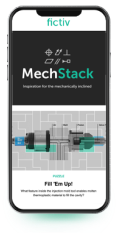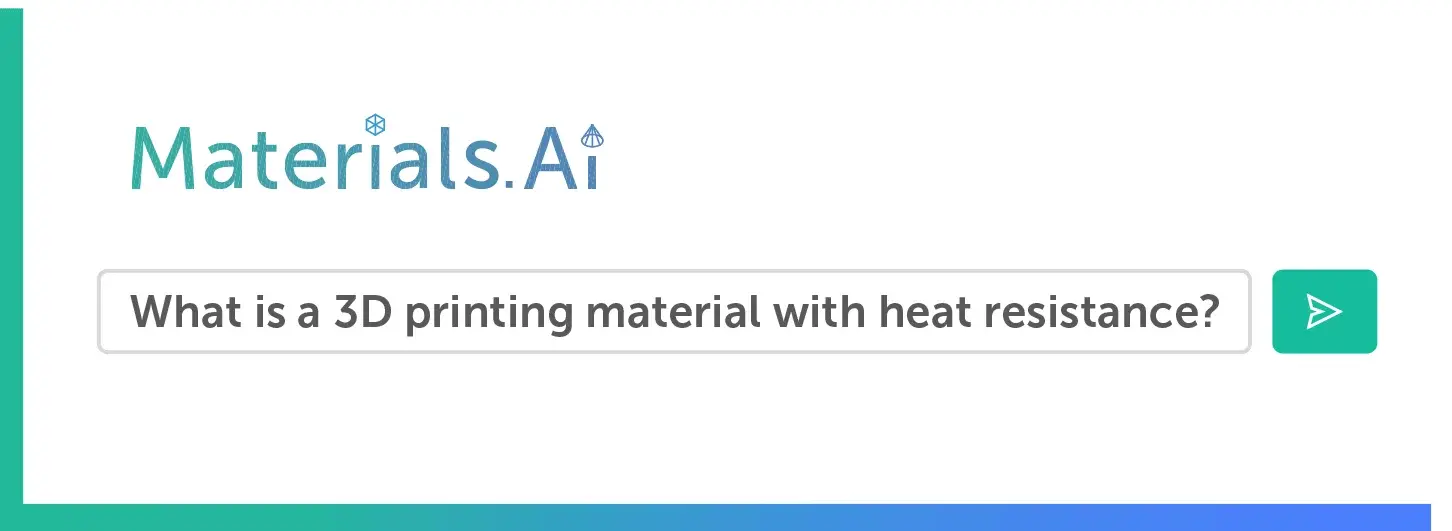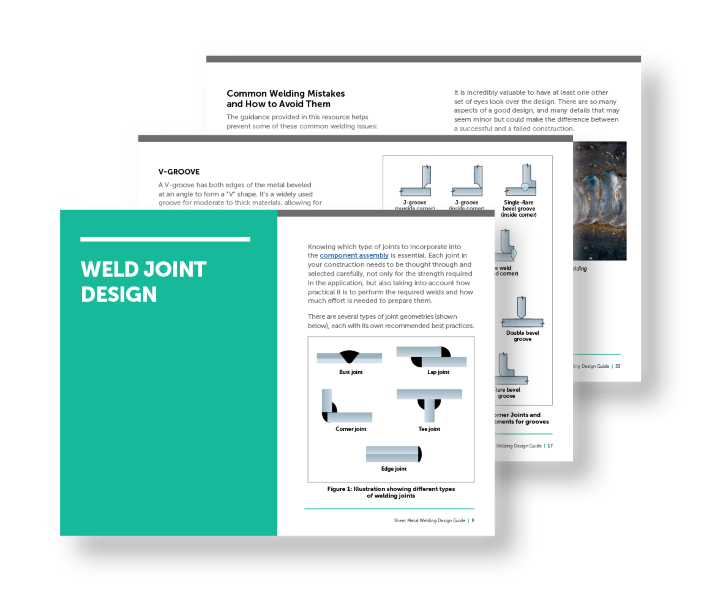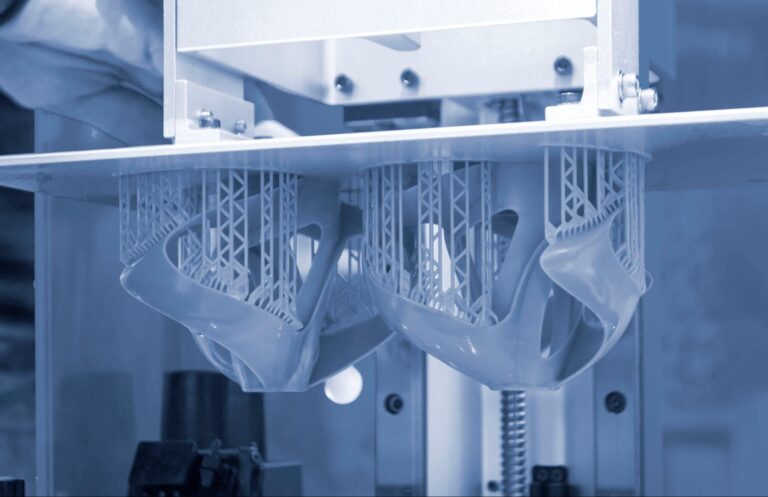Time to read: 5 min
WeIn this Spotlight we’re lucky to share our conversation with Lisa Fetterman, CEO and Co-founder of Nomiku, the company behind an at-home sous vide machine. Lisa is a dedicated entrepreneur included in this 2015’s Forbes Food and Wine 30 under 30 and a young hardware veteran with hard-earned product development and manufacturing experience, having lived 2 years next to her factory in Shenzhen.
After raising $1.3M across two Kickstarters, we wanted to get the inside scoop on how she did it and distill that knowledge into a few tangible strategies on how to build strong community around a hardware product.
The Inspiration
Building your product is important, but it’s all for naught if you forget about the real people you hope will actually buy the darn thing. In this exclusive interview, Lisa shares her personal experience that inspired her passion for food, her passion for her product and how that passion has inspired the growth of an invested and engaged community of customers.
When Lisa first moved to the United States as a kid from her hometown in China, the superficial differences were vast. “To me, just living in a house with stairs meant I was richy rich. Everything was so different.”
Such superficial differences resulted in schoolyard ridicule. “I didn’t know you were supposed to change your clothes every day so I would wear my clothes for a whole week because as a kid you don’t smell and you love your bugs bunny tshirt. I would get pretty shunned for it,” Lisa recalls. “People would come up to me and hold their nose.”
Until one day, one of Lisa’s schoolmates went over to her house and were served thousand-year-old eggs, a delicacy in China. The next day she was surrounded by her classmates, all of them asking if they could be invited for dinner as well. “It really internalized for me that food connects people,” Lisa says. “When I couldn’t speak the language and I was a weirdo, this made me cool.”
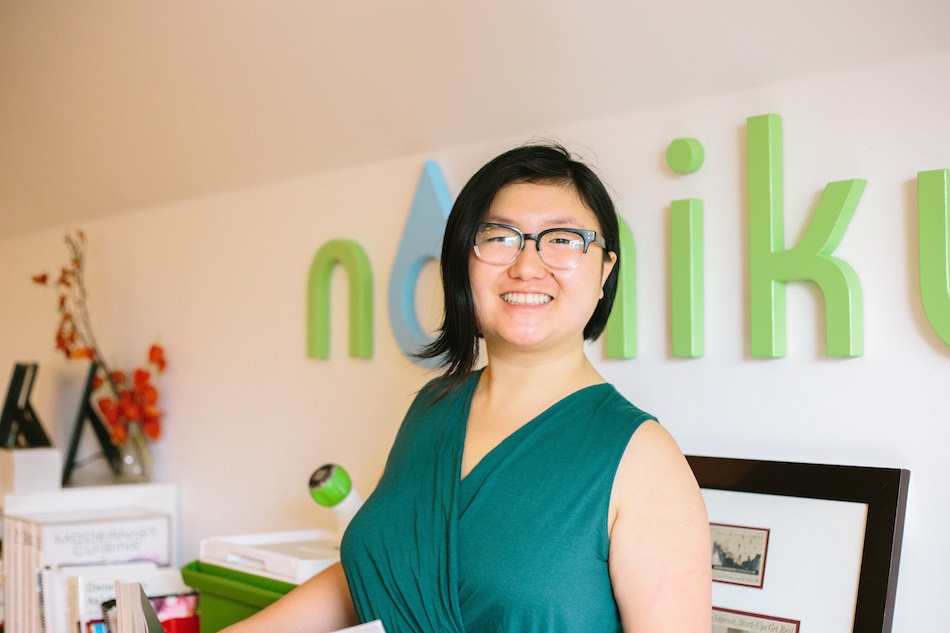
This experience of how food could bring people together is a seed of Lisa’s infectious passion for Nomiku. She has used that passion to inspire a community of customers who are enthusiastic about her product, and that strong community started with just 100 people.
1. Find 100 True Believers
100 is the number of passionate supporters needed to take a product to the next level of success. “You have to find a dedicated 100 true believers,” Lisa says. “By that I mean people who will give you money the moment your product launches anywhere.” She got this saying from her friend David Lang’s book, ‘Zero to Maker.’
“success begets success”
Those 100 dedicated early supporters will give you the initial lift you need to boost a crowdfunding project or a product launch on your website. “It follows the old rule that success begets success,” Lisa adds.
As proof of this theory, just look at her second Kickstarter project, where Nomiku made the most money on the very first day – $200k in total out of $750k. And to rally these 100 core supporters, she says a tried-and-true mailing list is key. “Cultivate your mailing list,” Lisa stresses. “Check in to make sure those supporters are reliably engaged with what you’re doing.”
So how do you find those first 100 true believers?
2. Start Simple
Before there was a polished Nomiku product, there was a maker kit. “We had the bare pcb and sold hundreds of these sous vide maker kits,” Lisa shares. “The people that bought these kits, these were our first true believers.”
With the Nomiku maker kit, Lisa took the maker in the kitchen and empowered them to be a hardware maker as well. She met them where they were at, inspired them, and in turn they were willing to build the product themselves just to have it. “We sold out every time we had a new batch for our maker product,” Lisa recalls. “We were like, ‘Damn! People are so desperate for this they’ll learn how to solder!’”
“It was only through talking to our first customers that allowed us to go as far as we did.”

Start simple just to garner feedback from the real people who will buy your product. “You’ll learn so much about your market, so much about how to handle logistics and how to handle your first customers,” Lisa says. “What do they like? What do they want? Talk to them. It was only through talking to our first customers that allowed us to go as far as we did. Just start somewhere to see what kind of traction you can get.”
3. Do Non-Scalable Things
When Lisa was first focused on selling the sous vide maker kit, she would occasionally drive to peoples’ houses to help them build the machine if they needed the extra help. “Somebody would buy the kit and they would call me up (because I had my phone number on the website) asking me how to make it,” Lisa says. “So I would drive to their house, bring my soldering iron and make it for them right there and then!”
People would also reach out to her on Twitter seeking solutions for their unique needs. For example, one time a cheese maker wanted to use temperature control to make his cheese. So Lisa essentially took something like a chicken roasting pan and for $80 hacked it into a special sous vide machine for the guy’s cheese vat.
Is driving to a customer’s house to build their maker kit or hacking together a special product to meet a unique use case a scalable activity? Of course not, but it’s the time-intensive, non-scalable actions that will build the base of 100 true believers you need for scalable growth.

4. Go the Extra Mile
Beyond the stage of non-scalable activities, you should continue to go out of your way to help your customers and respond to their concerns and disappointments. “I met a founder who hand wrote notes to his first 500 customers and now his customers bounce up and down with excitement for the product!” Lisa enthuses. “I want that! That’s why I go the extra mile for my customers.”
“love your product, show your passion and people will reciprocate”
Moreover, the reality is that no matter how well-built your product is, things will inevitably go wrong. But it’s how you respond when something goes wrong that truly matters. “With Nomikus in the wild, there are going to be some malfunctions,” Lisa explains. “For example, somebody once wrote to me saying he cooked this beautiful dinner and it was ruined because his machine messed up. So we did the usual stuff where we get his machine back, send him a new one and I also hand wrote him a note and gave him a check for a whole new meal. Now he is one of my biggest evangelists. It’s one person, but he touched on probably 10 other people.”
According to Lisa, growing your community is really not that complicated. “Just love your product, show your passion and people will reciprocate. I’m surprised by how many people don’t have much passion for their products,” Lisa says.
So there you have it. Love your product, show your passion, and people will love it back.
Oh and one last important piece of advice from Lisa! Launch your Kickstarter on Tuesday @ 8am EST. “It’s the start of the news cycle and if you launch any other day you will have wasted a day in your fundraising schedule,” Lisa says. “Launching on Friday is like showering and putting on your makeup for a date on Monday! No one checks the internet on Friday.”







